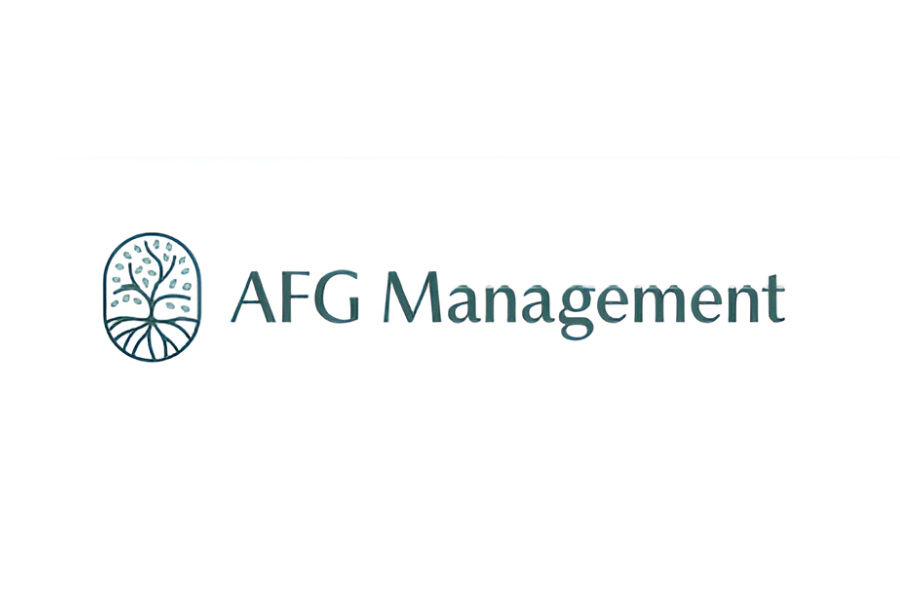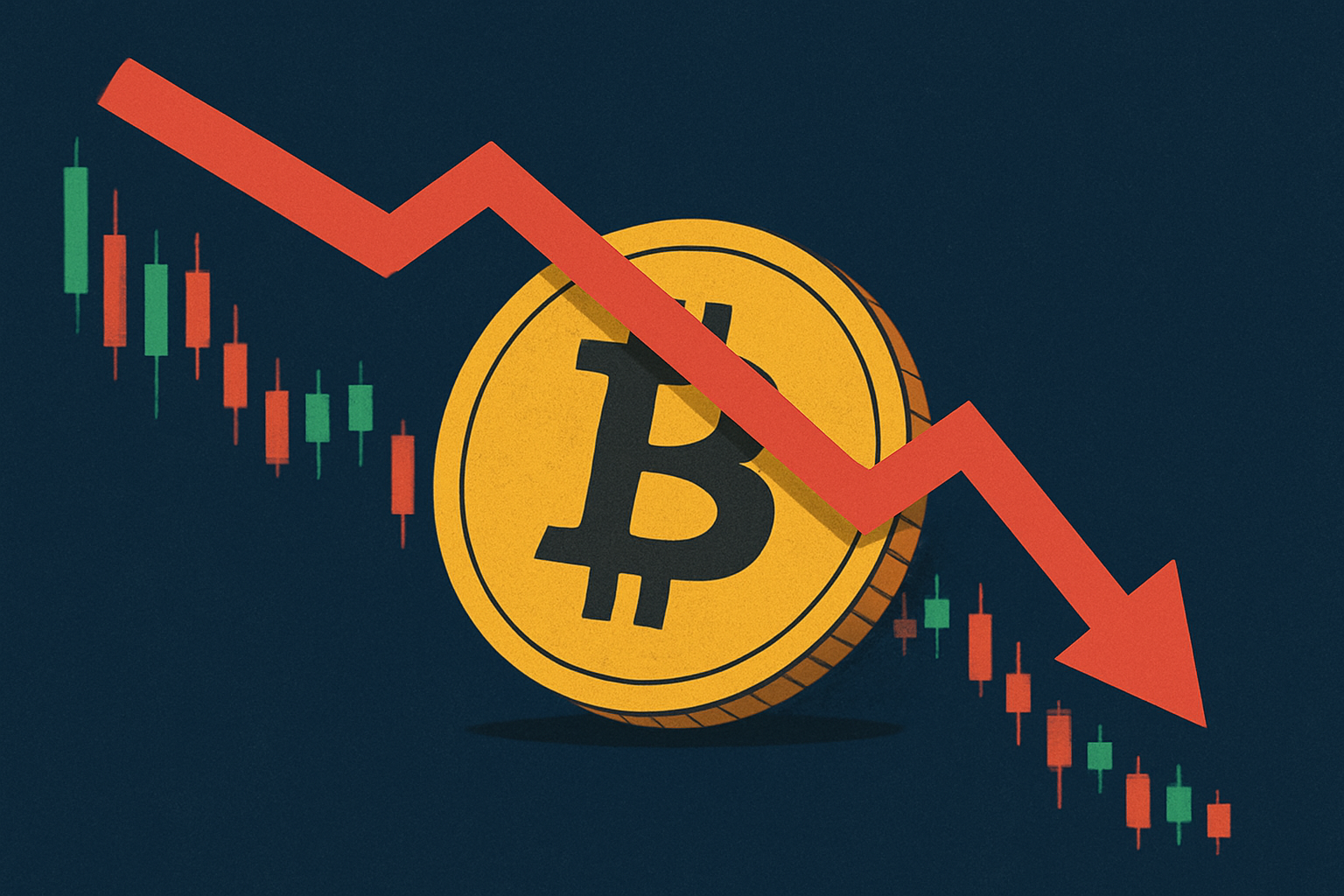Introduction
The world of cryptocurrency, while celebrated for its decentralized and secure nature, continues to battle an unrelenting threat: cybercrime. As the value of the digital currency market has grown, so too has the interest of hackers. In 2024, crypto hacks surged to a staggering $1.2 billion, marking a 15.5% increase compared to last year. August alone saw a significant portion of these losses, making it one of the most devastating months for crypto security in recent history.
This article explores the rise in cyberattacks, the vulnerabilities exploited by hackers, and how the industry is responding to safeguard digital assets.
The Alarming Rise In Crypto Hacks
In 2024, cybercriminals have exploited loopholes, bugs, and security weaknesses in decentralized platforms, centralized exchanges, and individual wallets. This alarming rise of 15.5% over 2023 highlights a critical problem within the cryptocurrency ecosystem. Several factors contributed to the increase in hack-related losses:
Growing Market Value: The overall cryptocurrency market has expanded rapidly in 2024. With higher valuations, hackers have been more incentivized to attack platforms holding large sums of digital assets.
Increased Use of Decentralized Finance (DeFi): DeFi platforms, which allow users to trade, lend, and borrow without intermediaries, have become prime targets for cybercriminals. The open-source nature of many DeFi projects exposes vulnerabilities that hackers have exploited.
Smart Contract Vulnerabilities: Bugs in smart contracts, automated and self-executing contracts that power many DeFi platforms, have provided an avenue for hackers to drain funds without detection.
Notable Hacks In 2024
Several high-profile hacks in 2024 have left a significant impact on the crypto industry, with some leading to substantial financial losses:
$238 Million Bitcoin Scam in August
One of the most notable incidents was a $238 million Bitcoin scam in August 2024. Hackers used a phishing attack, tricking users into revealing their private keys. Once the hackers gained access, they siphoned off funds across multiple exchanges. The incident sent shockwaves through the crypto community, raising concerns about the security of centralized exchanges.
Ethereum’s Flash Loan Exploit
Ethereum, one of the largest and most popular blockchain platforms, was hit by a major flash loan attack. Flash loans, an uncollateralized loan that is borrowed and repaid in the same transaction, have become an avenue for hackers to manipulate prices and drain liquidity pools. A bug in the code allowed attackers to exploit the platform, resulting in $90 million in losses in just a few hours.
Solana-Based DEX Attack
Solana, known for its speed and low transaction costs, wasn’t immune to attacks either. A decentralized exchange (DEX) built on the Solana blockchain was compromised, with hackers managing to steal $35 million in digital assets by manipulating a vulnerability in the exchange’s liquidity pools.
Phishing Scams Surge
Phishing scams also surged in 2024, targeting individual investors and small-scale traders. By impersonating well-known platforms or influencers, hackers convinced users to send funds or reveal their private information. These scams collectively accounted for tens of millions of dollars in stolen assets.
Why Are Crypto Hacks Increasing?
Several key factors explain why crypto hacks have become more frequent and severe in 2024:
Increased Adoption
The rapid adoption of cryptocurrencies and blockchain technology has expanded the attack surface for hackers. As more people and organizations enter the space, new users, who may not be familiar with the necessary security protocols, become easy targets for phishing and other social engineering attacks.
DeFi’s Popularity and Complexity
DeFi’s rapid growth has been a double-edged sword. While it provides immense value to users by enabling decentralized financial transactions, its open-source nature has made it vulnerable to exploitation. Bugs in smart contracts, especially in newer projects with untested code, have been a goldmine for hackers.
Weak Security on Centralized Exchanges
Despite being the most common platforms for crypto trading, many centralized exchanges still have inadequate security measures. These platforms often hold large sums of user funds in “hot wallets” (wallets connected to the internet), making them prime targets for hackers.
Lack of Regulatory Oversight
The cryptocurrency market still operates in a relatively unregulated environment. While decentralization is one of crypto’s key benefits, it also means that there is little to no oversight on the platforms that hold or process digital assets. This lack of regulation allows hackers to exploit security loopholes with impunity.
Industry Response And Solutions
As crypto hacks continue to rise, the industry has been working on several solutions to mitigate the risk:
Improved Smart Contract Audits
To reduce the risk of bugs in DeFi projects, many platforms are investing in more thorough smart contract audits. By identifying and fixing vulnerabilities before they are exploited, developers hope to build more secure ecosystems for users.
Better Security Protocols on Exchanges
Exchanges, both centralized and decentralized, are being pushed to adopt better security measures. Cold wallets (offline wallets) are being used more frequently to store large sums of digital assets, and multi-factor authentication (MFA) is becoming a standard for account access.
Education and Awareness
Several industry groups have launched campaigns to educate users about the importance of security in the crypto space. This includes teaching people how to recognize phishing scams, use hardware wallets, and avoid sharing sensitive information online.
Insurance for Crypto Assets
Some exchanges and platforms have started offering insurance for crypto assets. In the event of a hack or other forms of loss, users can recover a portion of their funds. This has become an attractive feature for new users looking for extra protection against cybercrime.
Looking Ahead: A Future Of Greater Security?
As the cryptocurrency market matures, the industry is expected to continue investing heavily in security measures. While 2024 has been a challenging year, the rise in hacks has also spurred innovation in blockchain security, leading to more robust systems.
It is crucial for both users and developers to remain vigilant as new threats emerge. By adopting best practices, regularly auditing smart contracts, and educating the public about crypto security, the industry can work toward reducing the number of successful attacks.
In the meantime, crypto investors must stay aware of the latest threats and ensure they are using secure platforms to safeguard their assets.
Conclusion
The rise in crypto hacks in 2024 serves as a stark reminder of the ongoing vulnerabilities within the rapidly growing digital asset market. While innovations like DeFi and smart contracts have revolutionized the financial landscape, they have also introduced new avenues for cybercriminals. With $1.2 billion lost to hacks this year alone, the crypto industry must prioritize security advancements and user education to combat the increasing threat.












